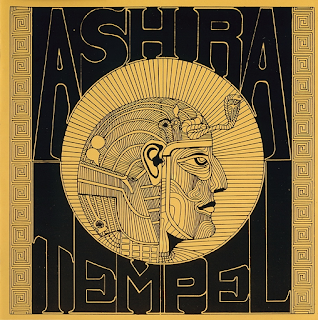
As Laibach took on more and more of a direct musical identity outside Slovenia, as opposed to being seen as simply part of the Neue Slowenische Kunst, the group's music gained a similar focus, though admittedly one still aimed specifically at an avant-garde level. Nova Akropola readily captures the band's stone-faced fascination with propaganda, fascism, and the implications of rallying and control, while the music was so perfectly on the money with stentorian rhythms, rough chants, and unnerving textures and samples that it almost beggars description. The title track is a perfect example, string-synths and horns slowly, creepily wafting up through the mix before a distorted, strangled voice starts howling over the slowest death-march beat around. There are signs at many points that the group is starting to explore the perversely accessible styles of later years, but it's still early days yet -- the appropriate comparison wouldn't be industrial/dance so much as the first albums by the Swans. "Die Liebe," though, is very much the stomping, riff-heavy semi-dance hit from hell, something of a dry run for the later demolitions of Queen and other groups. "Vade Retro" takes a calmer but not less haunting approach, a mix of keyboards and drums providing rhythms while vocals swirl like disembodied choirs from the mountaintop. The clipped, commanding vocals throughout may only be understandable to those who know Slovenian, but a handily provided translation increases the extreme irony even further -- sample lyric, from "War Poem": "The stronger one will wash our faces and moisten our lips with a rag/and the night with a cold knife will cut us black bread." A couple of older cuts make return appearances on the American issue, including the marvelous "Drzava," Tito sample fully intact.









